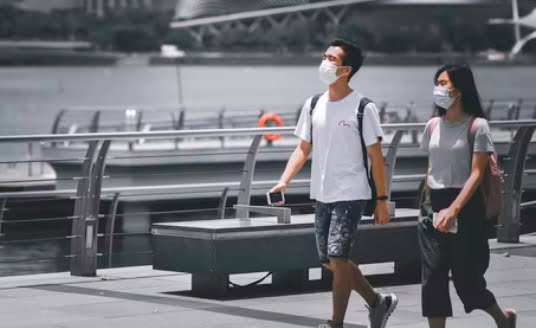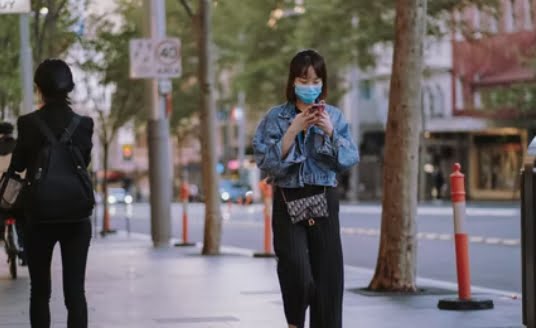For the past 18+ months, we’ve been in an endless media cycle revolving around N95 face masks. The crème de la crème of personal protective equipment. When the pandemic hit, many people heard the term “N95” for the first time. Initially, it was thought that N95s must only be used by healthcare Doctors and Nurses, frontline workers and first responders. In fact, those not working on the front lines of the pandemic who purchased for their own personal use were frowned upon as these devices were in short supply and mandatory to protect those who needed them most.
As months passed and the market began to flood, the N95 became a staple. Do you have to travel for work? Wear an N95. Do you have a compromised immune system? Wear an N95. Before long, a now household name had evolved to a household item and many people owned their own. Now that there is light at the end of the tunnel, and the public is setting into a “new normal”, where does that leave N95 masks?
This may be new information to many but, N95 masks have been used across a plethora of industries for decades. Growing up my father owned a construction company and I remember him using the Makrite cone-style respirating masks to protect himself from inhaling debris while he worked. The same story applies to professionals in mining, energy, dentistry, long-term care, hospitals and beyond. It may seem strange that one type of mask could be widely used across industries with seemingly little in common, but that brings us to the next point.


N95 masks come in a vast array of styles. The term “N95” simply means that the mask you are purchasing is guaranteeing a filtration efficiency of at least 95%. That can be achieved using a variety of mask styles to suit the work setting where the masks are mandated. To name a few, there are surgical grade-cone style respirators that fit securely to the face of the wearer. These are the masks we frequently saw on healthcare workers during the pandemic. They commonly left marks on the faces of workers as the secure seal was mandatory for protection from infection.
There are alternate N95 masks, such as the Makrite Sekura that is a foldable, comfortable face mask that provides at least 95% filtration without compromising comfort. There are a multitude of N95 masks, with valves and without, cone style and foldable. All with unique characteristics to suit the environment where they are meant to protect. Vitacore Industries is a Canadian leader in N95 mask innovation and has produced the first Health Canada authorized N99 face mask.
As vaccinations roll out and your business moves out of the pandemic and back to an open world, keeping the N95 mask in your inventory may serve you well. They will help to protect when needed. They don’t have to be surgical grade to be efficient in a non-surgical setting. If you have any questions about masks and how your workplace could continue to benefit, please reach out to us at sales@rwc-industries.com.
RWC is a Canadian Indigenous-owned, Women-lead supplier & manufacturer of the highest quality PPE products available.
We have the best PPE solutions, because life keeps happening.

Leave A Comment